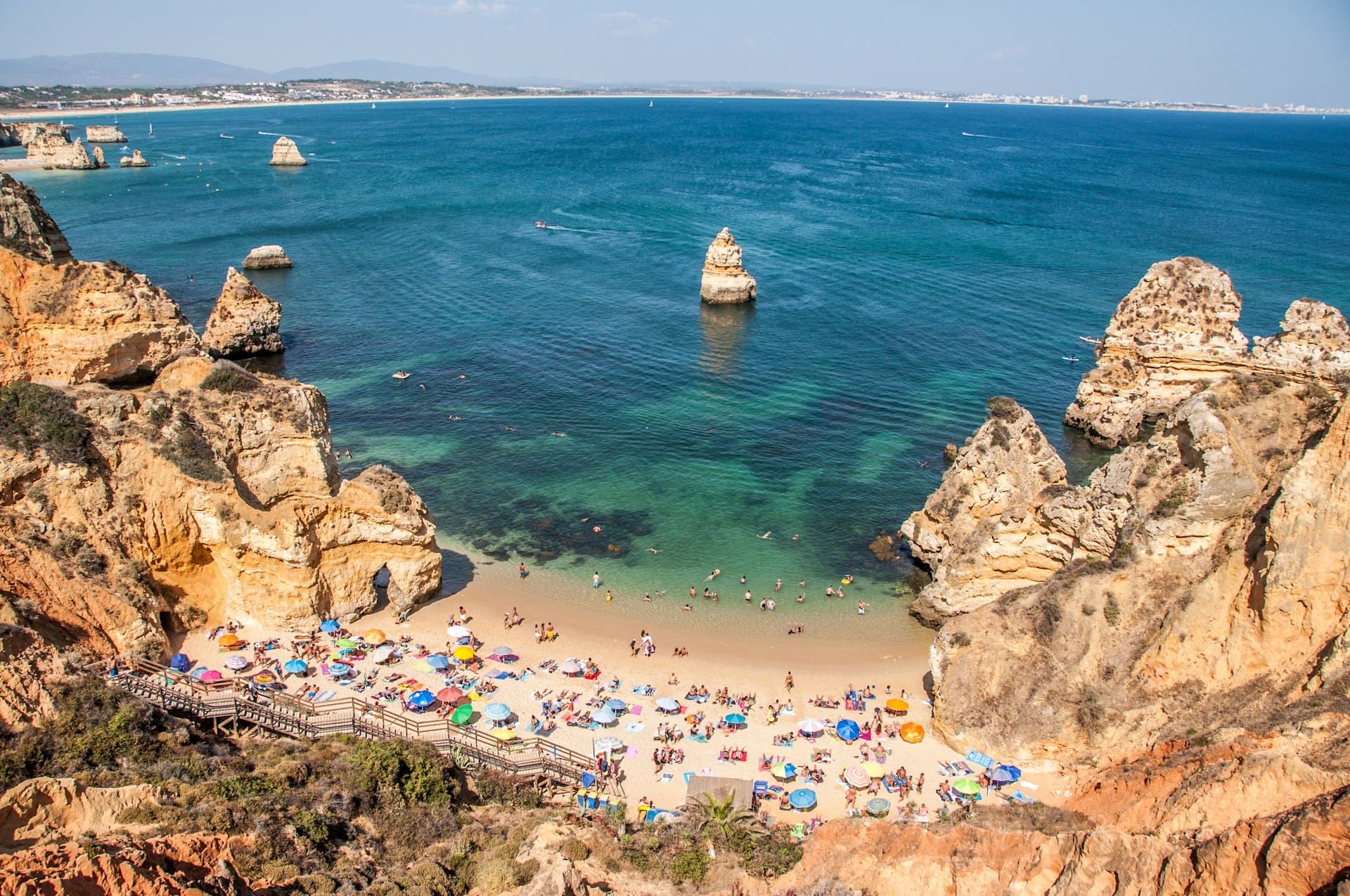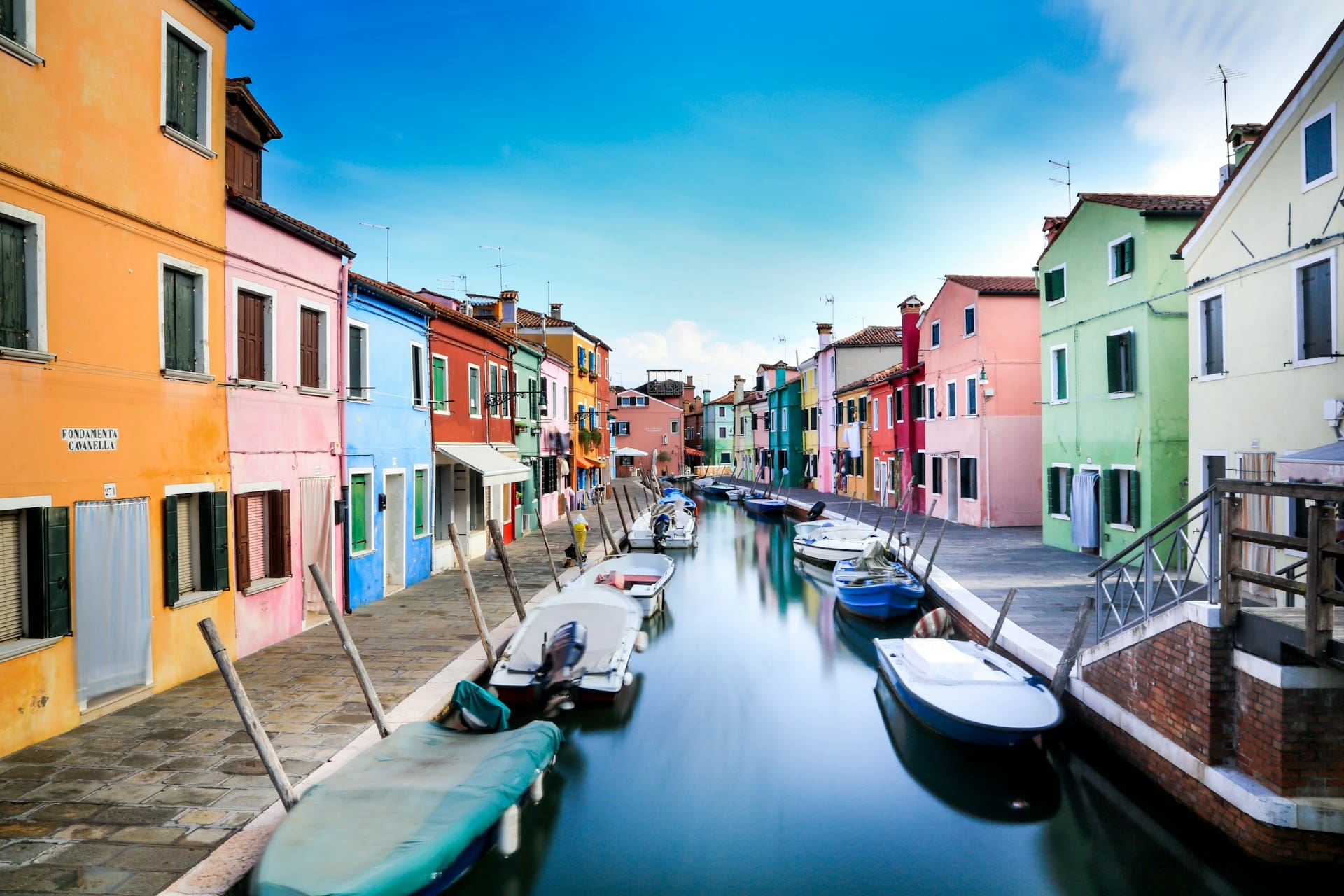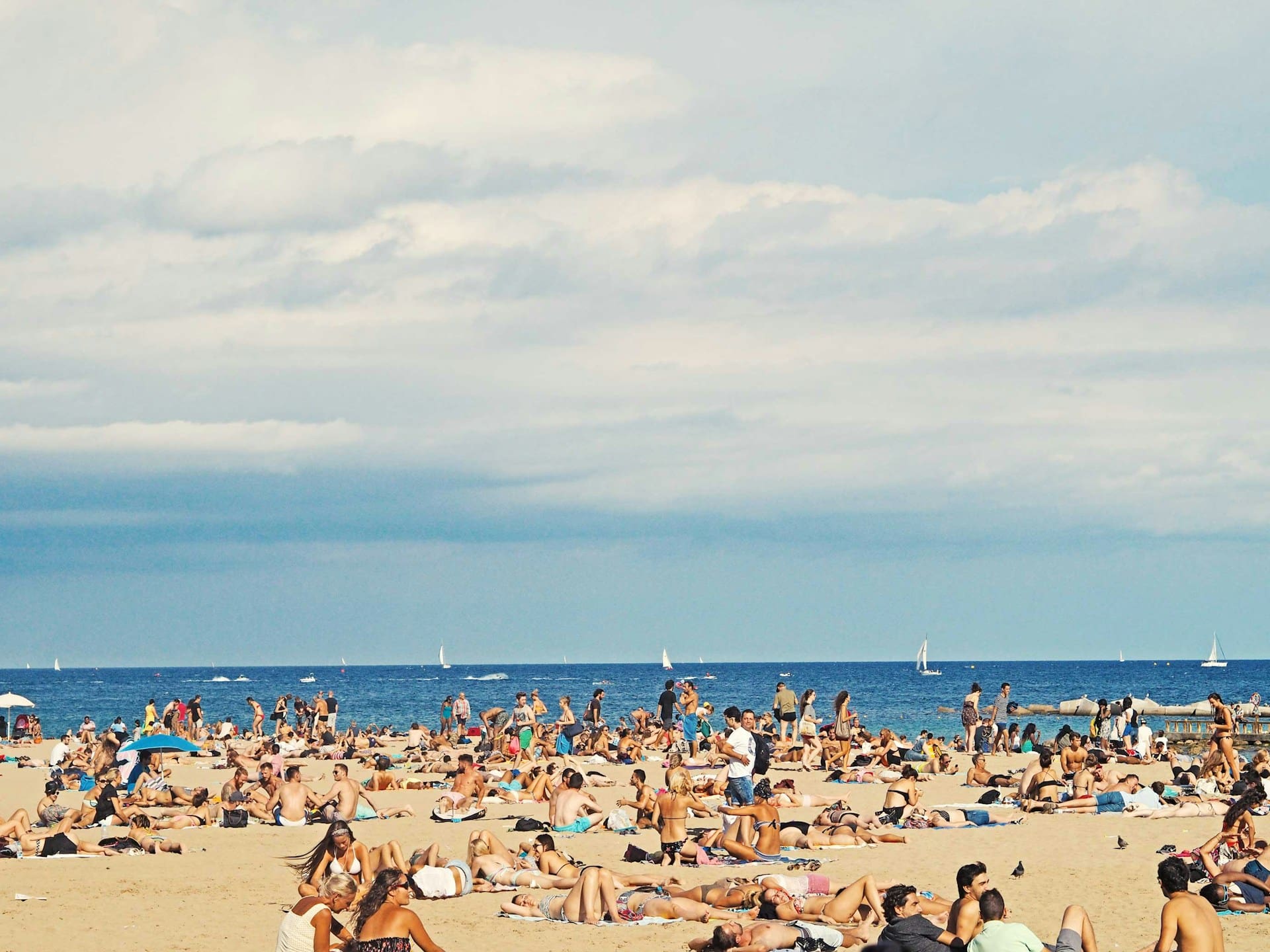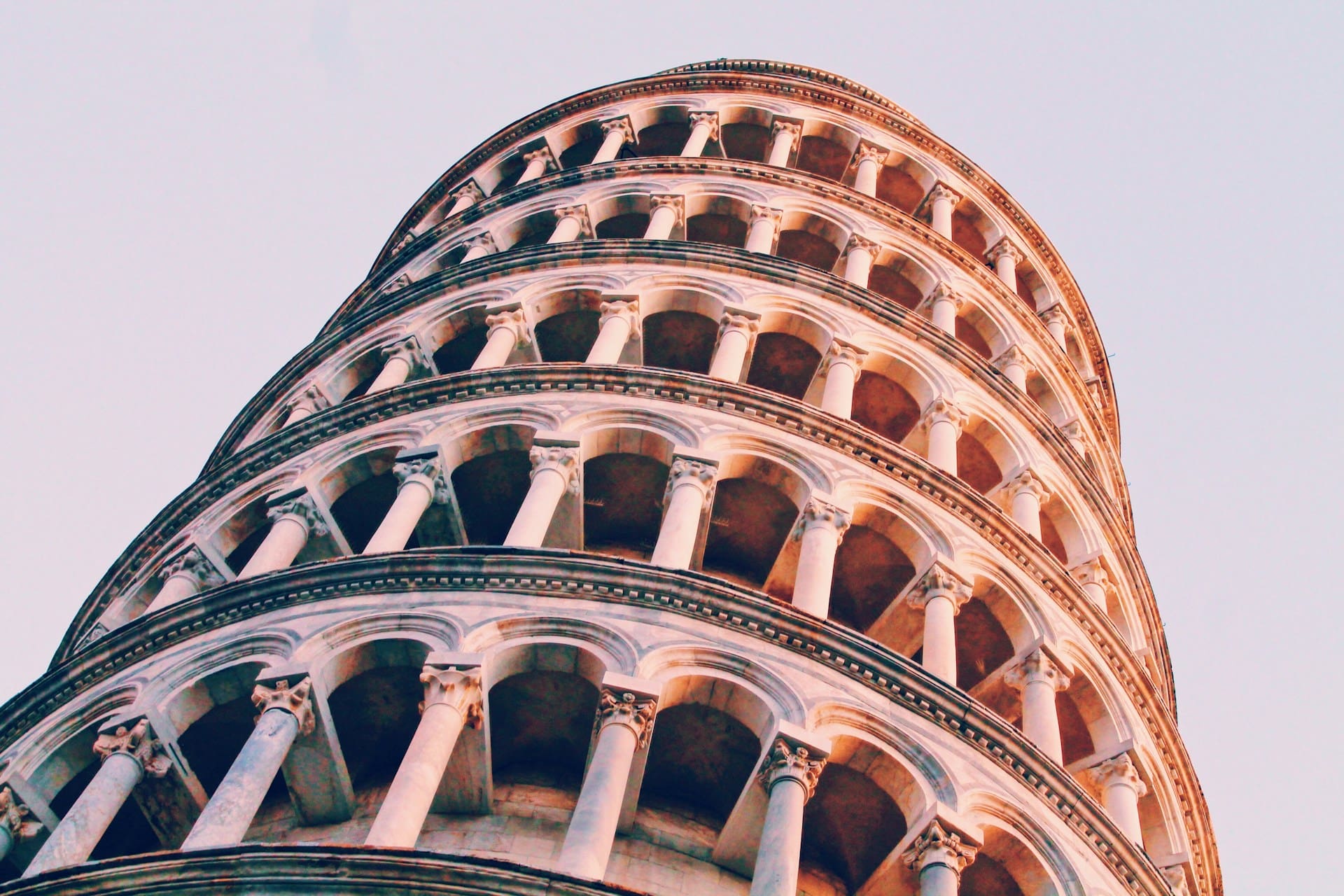Operators say tourism must be sensitive to those whose cities are being visited
IAN STALKER
One of the tour operators that routinely sends clients to Europe says it understands the reasons behind a growing backlash to tourism in some European cities that traditionally have drawn huge numbers of visitors.
Residents in such cities as Barcelona, Amsterdam and Venice are becoming increasingly vocal about what they say is a lowered quality of life for them as a result of large numbers of summer visitors, complaints that Intrepid Travel — which has worldwide itineraries — says it understands and is helping mitigate.
Some European cities have recently seen demonstrations openly calling on tourists to return home, stating that they are unwelcome and are responsible for a host of ailments, such as soaring rents, and jam-packed streets and beaches.
Matt Berna, Intrepid’s managing director, Americas, says he can understand the frustrations of those who feel their destinations are being overrun by visitors.

“When you look at a place like Venice (during summer), for instance, how could you say it’s not?” he asks. “Practically all the Venetians have moved out of the city to rent their places, cruise ships are a main focal point (of overcrowding) and it’s become just tourists looking at other tourists. This is not what global travel is about. At Intrepid, we strive to be different.”
Barcelona has drawn international attention because of growing resentment towards tourists, with Anna Orsati, deputy operations manager of Intrepid West Europe, noting that that city hosted 30 million people in 2019, which helped prompt the World Tourism Organization to include it among case studies for overtourism.
“Tourism needs to strategically be redesigned to help the destinations to be more sustainable but not eliminated since tourism is an essential part of the economy and culture of thousands of Spanish,” Orsati says.

Orsati adds that most Barcelona residents living in less touristed neighbourhoods are not joining the anti-tourism movement for now. “But we can’t forget that if the accommodation scarcity expands dramatically to other neighbourhoods and cost of accommodation increases as it happened in the centre, more residents will join these protests in the future.”
Berna in turn says that everyone in tourism can help make it more palatable to those who feel it’s damaging their quality of life.
“First, it’s about offering a wider range of diverse itineraries during peak travel season,” he states. “We (Intrepid ) strive to spread those vital tourist dollars to second-tier European cities who need the vital influx of cash.
“We’re also seeing habits changing within our own Intrepid travellers. More than ever, they’re choosing to avoid the classic holiday season and we’re also offering fewer trips during these times. At Intrepid, we will continue to resist the temptation to pile on trips during these overcrowded times. We could sell twice as many itineraries, but we don’t.”

But Berna also says the tourism industry shouldn’t abandon destinations where anti-tourist sentiment is running high.
“Cities like Barcelona rely on tourism dollars,” he adds. “Pulling out of trips to major destinations like that is just not an option. It would be just as detrimental to the community.
“Our sustainable approach in fighting against overtourism is to continue our commitment to supporting smaller, locally owned businesses. We move around the city by metro when possible and we show our travellers hidden restaurants further out from the overcrowded centre.”
Renta Snidr of NARAT says that that tour operator works to avoid alienating those who live in the destinations it offers.

“As an experiential tour operator, NARAT concentrates many of its tours in areas that are ‘off the beaten path’, or regions in Europe that are outside mainstream tourism circuits, avoiding mass tourist crowds,” she reports. “We additionally operate small group sizes on our tours in keeping with our high-experience-to low-negative-destination-impact-ratio framework. In this sense, our operations are largely not impacted by the tourism restrictions, (being imposed in some European cities to curtail the number of visitors) and we take a sustainable tourism model in operations.
“There are instances where NARAT tours operate into areas which have encountered restrictions, such as Venice, Italy, where we run regular groups. The measures have not had any adverse impact on the sales of our tours. NARAT, being an early advocate of sustainable tourism, welcomes dialogue between destinations and the international travel industry which lead to creating pathways in ensuring tourism leaves positive effects on local host country populations. I believe that with the adoption of sustainable tourism practices, the travel industry can continue to prosper. Otherwise, it may be in the future that travel, as a ‘luxury’ product, will carry more significance for consumers, and the concept of affordable travel will be eroded from the lexicon of certain destinations.”

Meanwhile, Monica Millin of Vancouver’s La Dolce Vita Travel, says she’s been following the disputes and her “understanding is that it really isn’t directed at tourists. It is directed at those that have created this unsustainable type of travel.”
She suggests the likes of Airbnbs are responsible for much of the problem, while also faulting influencers for promoting cheap styles of travel and posting pictures of destinations when they’re uncrowded, leading potential visitors to expect that crowding won’t be a problem and promoting a type of travel that doesn’t generate much revenue for their hosts.
“Unfortunately, while (the anger over overtourism is) not directly directed at tourists they are the ones caught in the middle,” Millin says. “We do not sell/promote Airbnbs or Airbnb-types of lodging. We also work directly with a DMC in destination and use local guides etc. We do our very best at educating our clients on contributing to the local economy,” Millin continues.

“We make our clients aware of the situation, as well as encouraging a sustainable type of travel.”
Rudolph Nareen of Toronto’s Astor Travel says most European cities are now “overcrowded with tourists and the backlash comments over tourism coming from the residents mainly, while the businesses welcome the tourists.”
Nareen, who’s visited Europe several times recently, found the locals welcoming.
“On my recent trips to Athens, Lisbon, Istanbul and Amsterdam I did not notice any behavioral attitude from local residents,” he add. “I think tourists help the financial recoveries for businesses after the pandemic while at the same time tax revenues benefit their governments.
“I am not concerned about sending clients to Europe,” he continues. “The issue is it is crowded and tourists should take their time and have patience for services.”

















